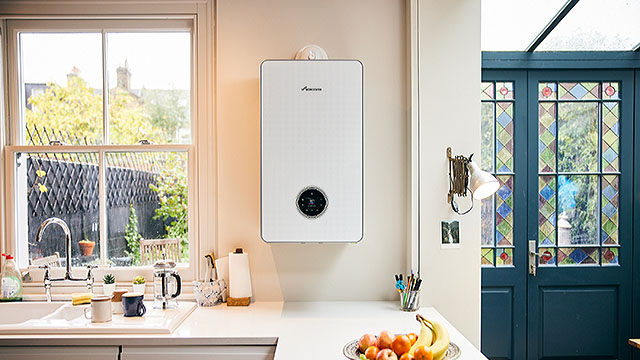Chancellor Scholz is in a stand-off with the EU over his insistence that cars powered by e-fuel are allowed to be sold after a 2035 phase-out date for internal combustion engines (ICEs).
Germany’s support for e-fuels in new cars will not only increase emissions, but could leave the average German driver paying €210 to fill up their tank, new analysis by Transport & Environment (T&E) finds. The lure of retaining petrol would also mean more ICEs on the road as people continue to buy them and then find them more expensive to run, leading to fuel poverty.
Alex Keynes, clean vehicles manager at T&E, said: “Chancellor Scholz is threatening to pull the rug from under the European Green Deal for the sake of saving polluting combustion engines. The higher cost of e-fuels will mean that only the wealthy could afford them while everyone else could be pushed into getting around the rules and using fossil petrol instead. Motorists and the climate will be the losers.”
Allowing combustion engines to be sold after 2035 would displace sales of up to 46 million zero-emission electric cars by 2050 while also depriving existing cars of the synthetic fuel they need to decarbonise. If e-petrol is used in new cars, vehicles already on the road would burn an additional 135 billion litres of fossil petrol and emit an extra 320 MtCO2e by 2050 than if e-petrol was available for the existing fleet.
While synthetic fuels can be carbon neutral, they still emit air pollutants, notably toxic NO2 and carcinogenic particles, when burned in combustion engines. Cars running on e-fuels could emit up to 160,000 tonnes of additional NOx pollution in the EU by 2050 – more toxic emissions than from Italy’s car fleet in an entire year, the analysis shows.
The EU Commission is currently in negotiations with Germany over a loophole for e-fuels in the 2035 phase-out of combustion engines as Germany seeks to protect its car making industry.
Latest News
-
Nuclear waste organisation invests £8m in community projects near underground facility
-
Children’s Society director to take charge of Premier League club’s foundation
-
Chelsea FC becomes first Premier League club to receive dedicated epilepsy awareness training
-
Car brand hands £100,000 to UK temperate rainforest charity
-
Health firm supports older LGBTQ+ community
-
Good causes across Wales share £600,000 in building society funding
© 2019 Perspective Publishing Privacy & Cookies







Recent Stories